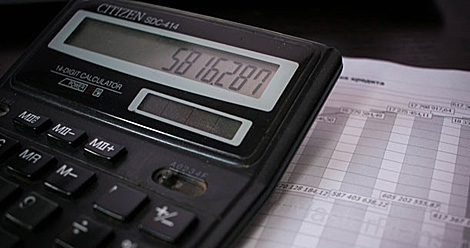Business news
Snopkov praises Belarus’ competitive ability, focus on innovation

An archive photo
MINSK, 22 October (BelTA) – Belarusian First Deputy Prime Minister Nikolai Snopkov spoke about the ways Belarus improved the competitive ability and innovativeness of its economy during the joint sitting of the House of Representatives and the Council of the Republic of the National Assembly of Belarus on 22 October, BelTA has learned.
Nikolai Snopkov named three areas to further improve the competitiveness and innovativeness of the Belarusian economy. The first one is to increase the depth of processing of traditional raw materials. “The implementation of the planned projects will result in the production of new types of mineral wool, cardboard, building materials and others. High on the agenda today is a new chipboard plant, a second plant to produce cellulose. It will make it possible to build a technological chain to produce viscose pulp for the textile industry and sanitary products, paper packaging and other types of products. In other words, this means the manufacturing of products with higher added value using our main raw material - forest,” he said.
The second area is the implementation of import-substituting projects. These include projects to make electric motors, ground cloth, traction and coupling devices, components for petrochemical, gas transportation equipment, CNC machine tools, veterinary drugs, glass bottles, doors, and a full-cycle processing of cocoa beans.
The third area is integration projects with Russia. The leading Belarusian enterprises, including BelAZ, Amkodor, Integral, Gomselmash and others are implementing 27 projects with the help of the Russian loan. New enterprises are launched to produce logging machinery, units and assemblies for harvesters, hydraulic units, bearings, and so on.
“The institutional basis for the implementation of these and other projects was the signing of the decree of the Supreme State Council of the Union State on the recognition of technological operations. This will help Belarusian products obtain a status equal to Russian products, and vice versa. As a result, exports to Russia in 2023 reached a record high of over $25 billion,” the first deputy prime minister said.







 print version
print version make home page
make home page add to bookmarks
add to bookmarks

